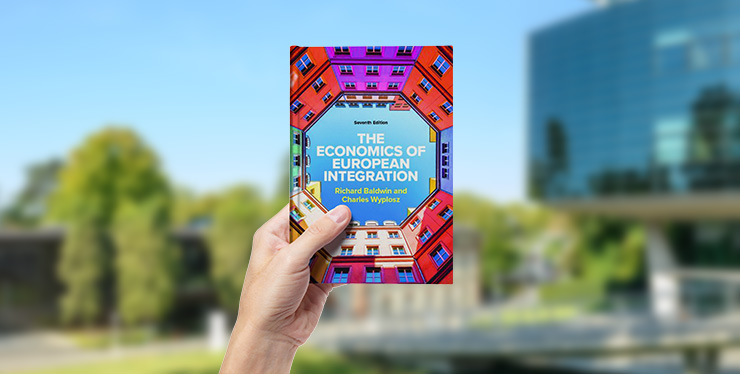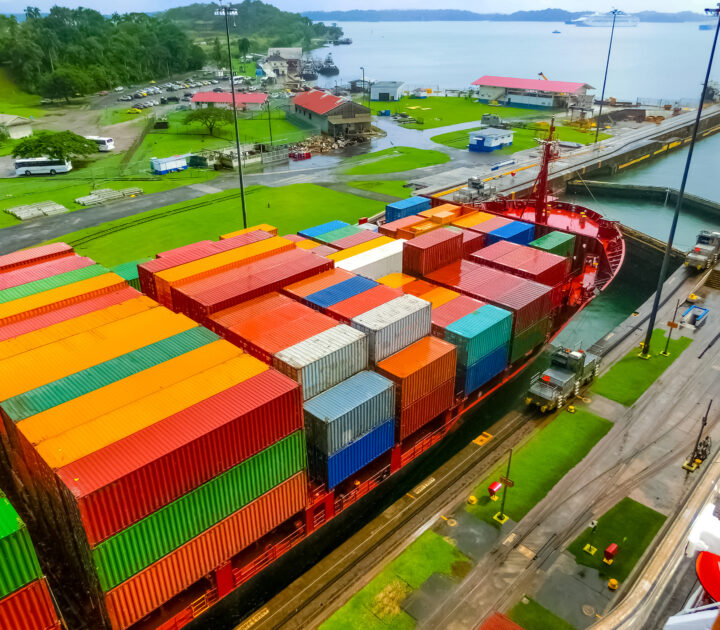

Professor of International Economics
Massachusetts Institute of Technology
London School of Economics
University of Wisconsin-Madison
Honorary doctorates:
Pontificia Universidad Católica del Perú (PUCP), 2014
University of St. Gallen, 2012
Turku School of Economics and Business Administration, 2005
Richard Baldwin is Professor of International Economics. He is an expert in global economic policy and theory, specializing in international trade, and is recognized as an authority on the economic drivers and risks of globalization. His research interests include the impact of digital technology on the global economy, the future of work, globalization, regionalism, and European integration.
Baldwin’s work combines perspectives from economics and political economy, providing a comprehensive view that connects historical context, current events, and future trends. Following an initial interest in economic development, his focus switched to trade when he met Paul Krugman in 1982, under whose guidance he worked on his PhD and with whom he would go on to write several articles.
Although much of his career has centered on policy-relevant research, he has recently pivoted to a more practical, business-oriented approach. This shift is evident in his two latest books, The Great Convergence and The Globotics Upheaval. These works explore transformative changes in globalization, the future trajectory of globalization, and the future of work.
A frequent keynote speaker at business gatherings, Baldwin was listed among the 100 most influential German economists by Frankfurter Allgemeine Zeitung. In 2021, he was made a Schumpeter-Haberler Distinguished Fellow by the International Economic Association.
Services are becoming much more important in the world of international commerce. This will have an impact on everything from the nature of protectionism to job displacement in rich nations and new development journeys in emerging markets. Furthermore, as service sectors are among the least polluting, it will have important implications for carbon emissions.
Baldwin advises governments and international organizations around the world on globalization and trade policy issues. During the administration of President George HW Bush, he was Senior Staff Economist for the President’s Council of Economic Advisers, following trade matters such as the Uruguay Round and the North American Free Trade Agreement (NAFTA) negotiations as well as numerous US-Japan trade conflicts.
Before joining IMD in 2023, he founded the economic policy portal VoxEU.org to promote research-based policy analysis and commentary by leading economists and has since served as its editor-in-chief. He was a member of the World Economic Forum Global Agenda Council on Trade from 2009 to 2015 and was twice elected to the Council of the European Economic Association. He also served as President of the Centre for Economic Policy Research (CEPR) from 2014 to 2018.
Baldwin has a wide-ranging publication record covering globalization, international trade, regionalism, WTO issues, and more. He has been published in journals like American Economic Review, Journal of Political Economy, and Quarterly Journal of Economics. His work encompasses a wealth of articles, policy monographs, e-books, and conference volumes. Additionally, he co-authored the leading textbook The Economics of European Integration with Charles Wyplosz, now in its seventh edition.
His 2019 book, The Globotics Upheaval: Globalization, Robotics, and the Future of Work, examines the impact of digital technology on globalization and AI automation of the service sector and the implications for the future of work. It has been translated into six languages. Published in 2016, The Great Convergence: Information Technology and the New Globalization, was listed among the Best Books of 2016 by the Financial Times and The Economist. Microsoft CEO Satya Nadella also cited it as one of the seven books you ‘need to read to lead’.
Baldwin started his academic career as a professor at the Columbia School of Business in New York and has been a visiting professor at many universities, including MIT, Oxford, and EPFL. He was a long-time professor of international economics at the Graduate Institute in Geneva.






